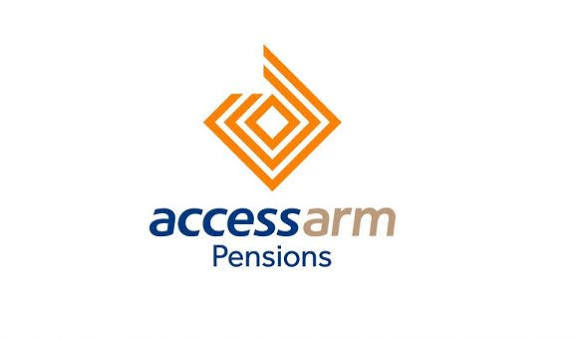Oil marketers said they have initiated negotiations with international traders to bring in cheaper Premium Motor Spirit in a bid to remain competitive.
In the same vein, the Independent Petroleum Marketers Association of Nigeria and oil workers insist that petrol from the Dangote Refinery should be sold at a price lower than ₦825 per litre, according to The PUNCH.
Marketers have raised concerns over price instability caused by repeated cuts from the Dangote Refinery, stating that securing cheaper petrol now depends on striking deals with foreign traders.
They also expressed optimism that the Nigerian National Petroleum Company Limited will resume local refining soon.
In an interview, the National President of the Petroleum Products Retail Outlet Owners Association of Nigeria, Billy Gillis-Harry, confirmed that negotiations are underway, describing the move as the only viable option for accessing affordable petrol.
Gillis-Harry said prices from domestic refiners were worrisome, a development that led to the shutdown of many filling stations.
“How do you get cheaper fuel? It is only by arrangement. We are not refining, and those who are refining are giving us prices that are a bit worrisome in the way the prices are being skewed. You can see that so many filling stations don’t have products because they don’t have the money to buy, as the money to do business has evaporated.
“So, of course, marketers will have to find a way to buy what we need to buy. The only way we can do it is to collaborate and buy products from a very dependable importer. That’s the only way we can do it,” he said.
According to him, PETROAN had previously secured a deal with a foreign trader to import petrol at ₦550 per litre, with the transaction denominated in naira rather than dollars.
Asked if this was possible, the PETROAN boss replied, “Of course, it’s possible. For instance, before we stopped our importation scheme, we were already negotiating with people to sell us products for as low as N550. That was November 2024; N550 per litre. That’s what we were negotiating. Any day I see you, I will show it to you; I can’t send you confidential economic documents. Any day you see me, ask me, and I’ll show you the offers that were given to us from different parts of the world.
“As it is today, I think the only way we can really reduce costs is to make sure that the profit margins are extremely low and we buy in Nigerian naira, not in dollars,” he added.
When asked if international traders were willing to accept payment in naira, he said the strength of negotiation and the promise of large-scale demand would help persuade them.
“It is negotiation. That is the power of numbers. That’s why PETROAN can do that because we have the numbers to determine how our businesses can come.
“But now, we have to make sure that we get it right. We supported local refining with all our hearts, but look at what local refining is doing to us. We can’t even be in business. You buy the product today at N870, and before you reach your station, it has been reduced to N825. From N825, you are looking at how it increases to N890. From N890, it comes down to N865. Those kinds of movements that are not clearly determined are a challenge,” he stressed.
Gillis-Harry accused the Dangote Refinery of attempting to monopolise the downstream sector with its plan to distribute fuel nationwide.
He warned that such a move could lead to job losses among tanker drivers and marketers, whose businesses risk being forced to shut down.
Meanwhile, the Publicity Secretary of IPMAN, Chinedu Ukadike, said that some importers were already selling PMS below Dangote’s prices.
“My comment is that since the President has eased the cost of naira-dollar exchange, it should have an impact on Nigerians. The benefits should have come down to the petroleum product pricing at the pumps. Imported products come from foreign refineries that use crude oil, too. They will also have to use a vessel to bring in this product. So, if somebody buys this product from overseas and uses a vessel to bring it here, pays all the taxes, and still sells at the same price as Dangote, don’t you think that something is wrong with Dangote’s price?
“If you remove the importation charges, the forex charges, you remove the vessel charges and other charges, Dangote should have given us something more competitive and pocket-friendly,” he said.









